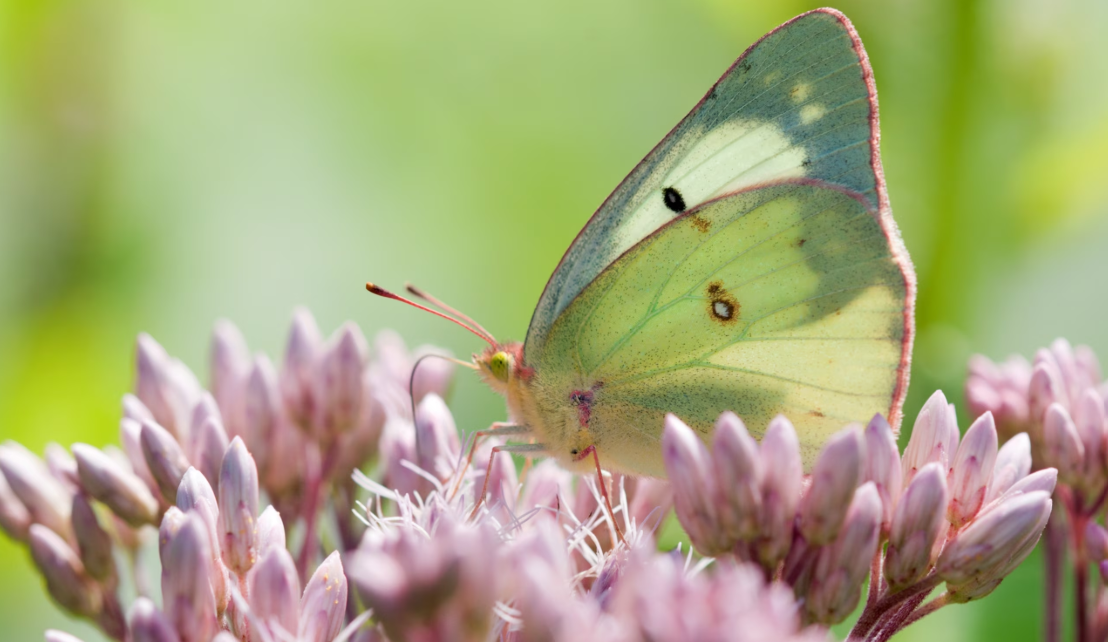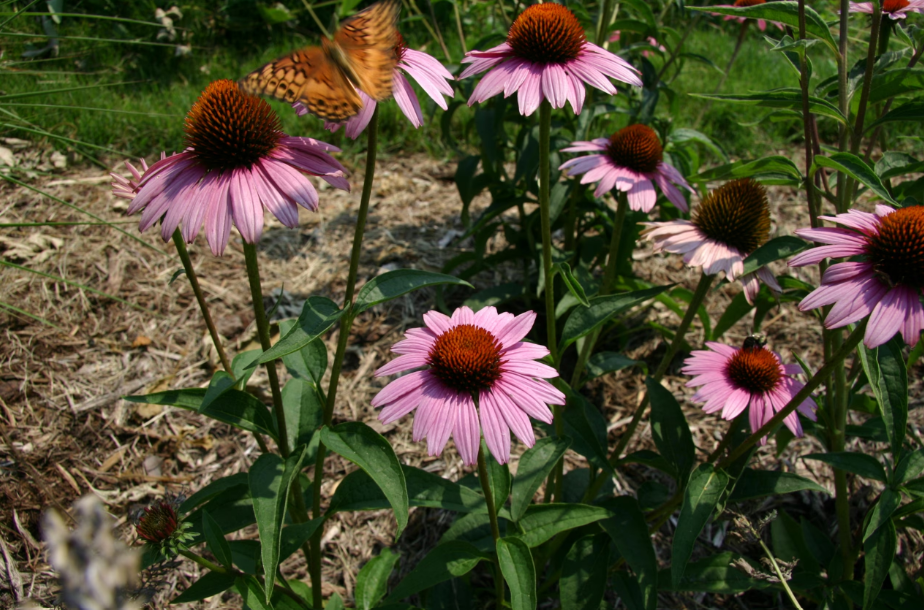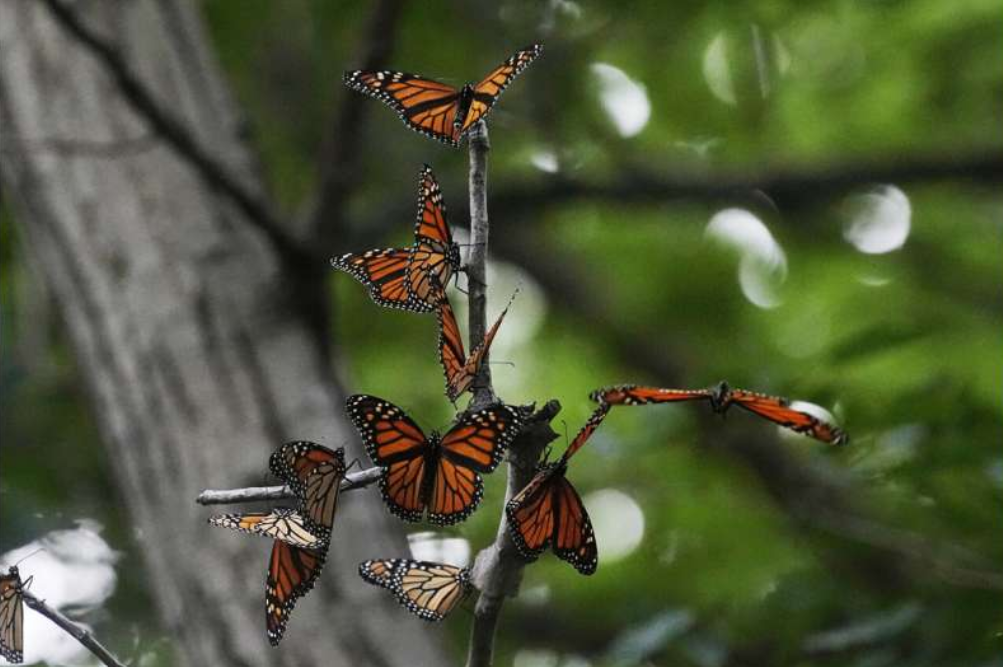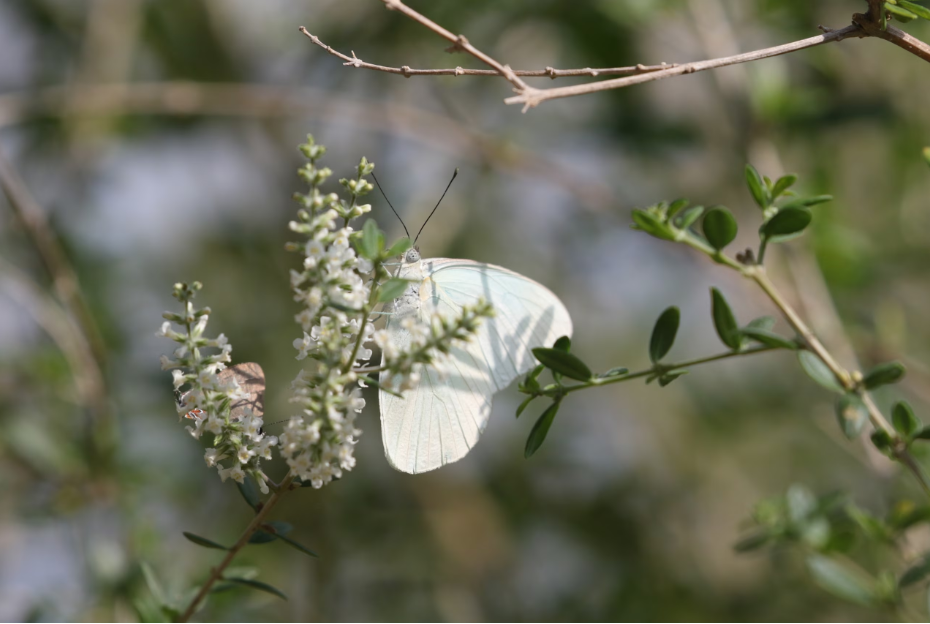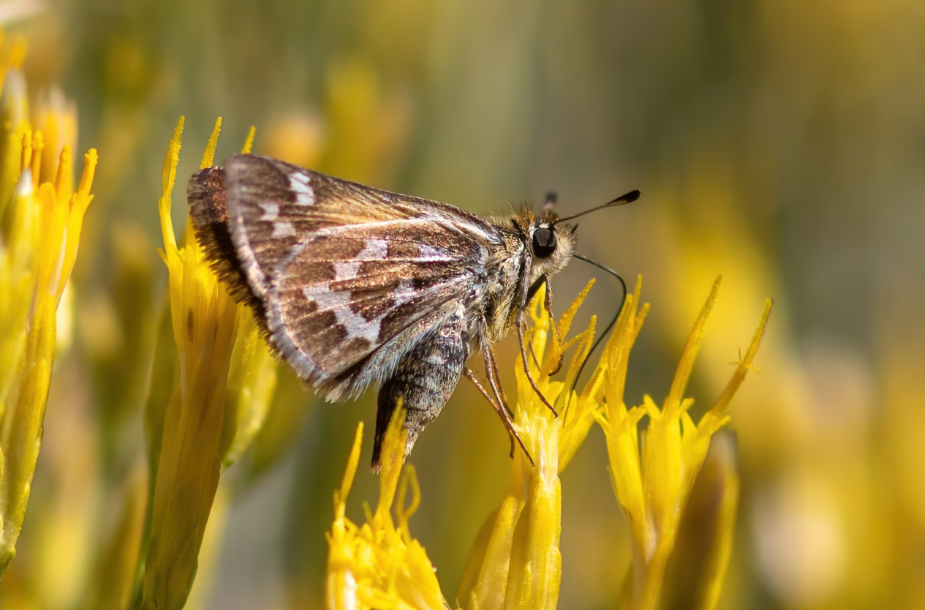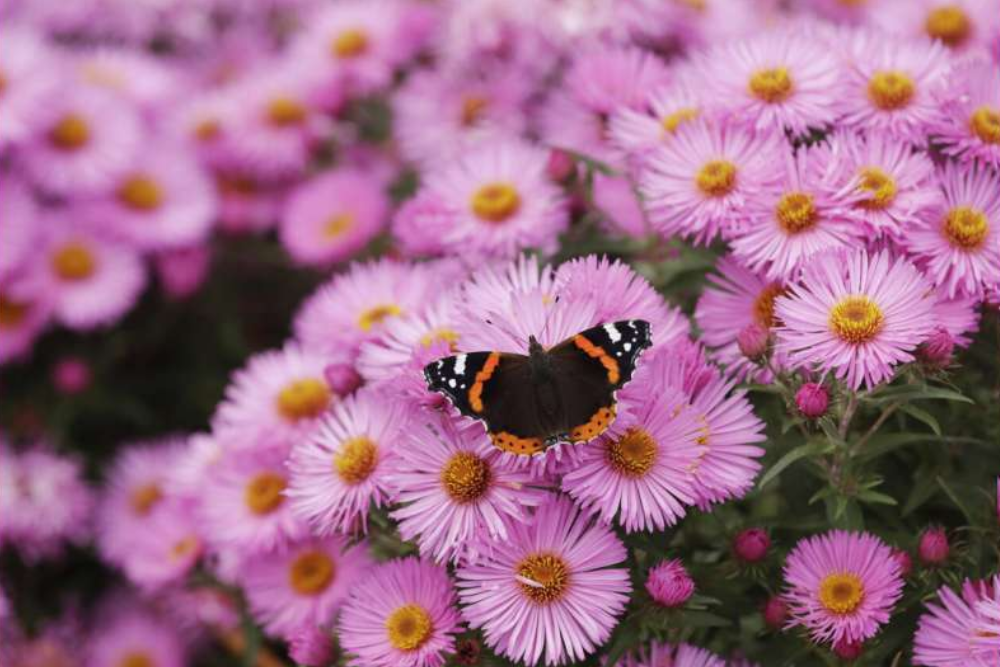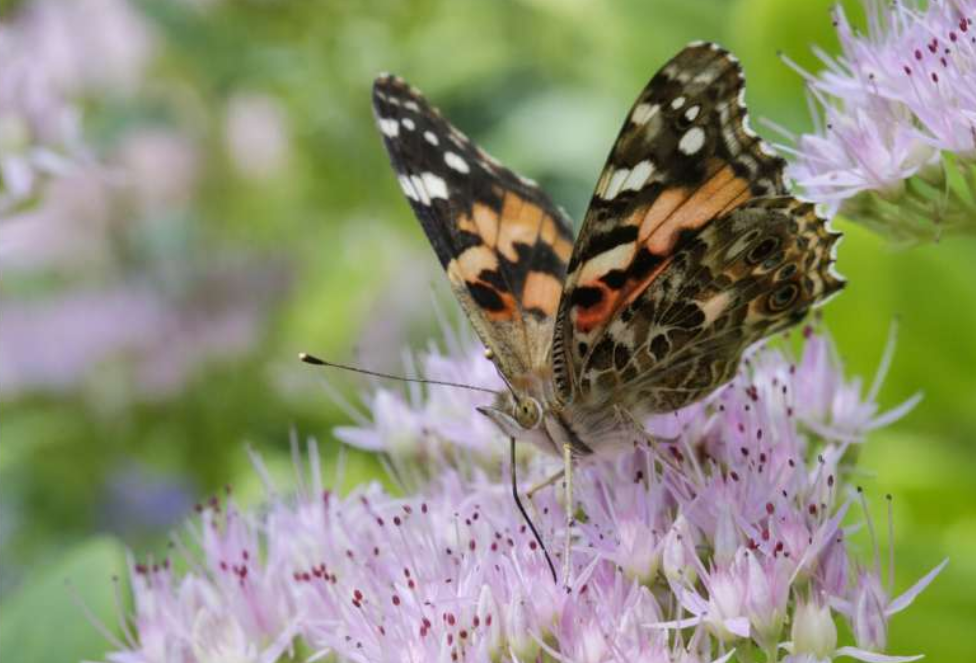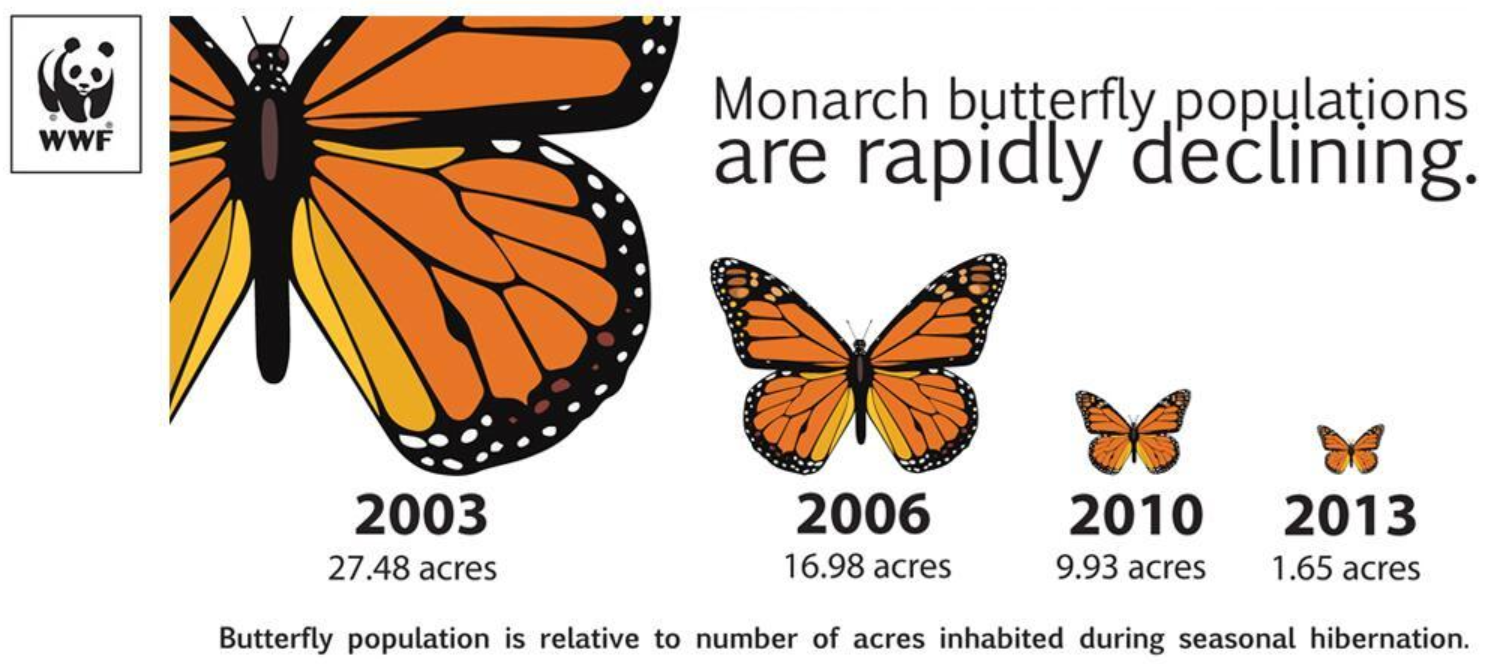24.06.2025
Butterflies Are Disappearing At a ‘Catastrophic’ Rate Globally
Butterflies are disappearing because of insecticides, climate change and habitat loss, with the number of the winged beauties down 22% since 2000, a new study finds. Butterflies are pollinators, picking up pollen on their legs and bodies as they feed on nectar from one flower and carrying it to the next. In their caterpillar stage, they also play an important role as herbivores, keeping plant growth in check. Butterfly populations can decline for a number of reasons. Habitat loss, insecticides, rising temperatures and drying landscapes can all harm these fragile insects. “This is a wake-up call. People should be seeing this number and being very, very concerned, not just about butterflies, but about the state of insects in general,” says Eliza Grames, a conservation biologist at Binghamton University in New York and coauthor of the study. Cornell University butterfly expert Anurag Agrawal said he worries most about the future of a different species: Humans. "The loss of butterflies, parrots and porpoises is undoubtedly a bad sign for us, the ecosystems we need and the nature we enjoy," Agrawal, who wasn't part of the study, said in an email. "They are telling us that our continent's health is not doing so well ... Butterflies are an ambassador for nature's beauty, fragility and the interdependence of species. They have something to teach us.". The crisis for butterflies is part of a troubling downturn in the number of bumblebees, fireflies and other insects that has been observed in Europe, the Caribbean and other places worldwide. It could signal a potential “bugpocalypse” that scientists are fiercely debating — a shift that may spell trouble for both nature and society. The loss of insects — “the little things that run the world,” as naturalist E.O. Wilson once put it — has dire implications for ecosystems in which birds and mammals rely on them for food and plants depend on them for pollination. Farmers and gardeners, meanwhile, may be losing allies that act as pollinators and natural pest control. Credit: DW
Poverty deprives people of adequate education, health care and of life's most basic necessities- safe living conditions (including clean air and clean drinking water) and an adequate food supply. The developed (industrialized) countries today account for roughly 20 percent of the world's population but control about 80 percent of the world's wealth.
Poverty and pollution seem to operate in a vicious cycle that, so far, has been hard to break. Even in the developed nations, the gap between the rich and the poor is evident in their respective social and environmental conditions.
Poverty and pollution seem to operate in a vicious cycle that, so far, has been hard to break. Even in the developed nations, the gap between the rich and the poor is evident in their respective social and environmental conditions.

